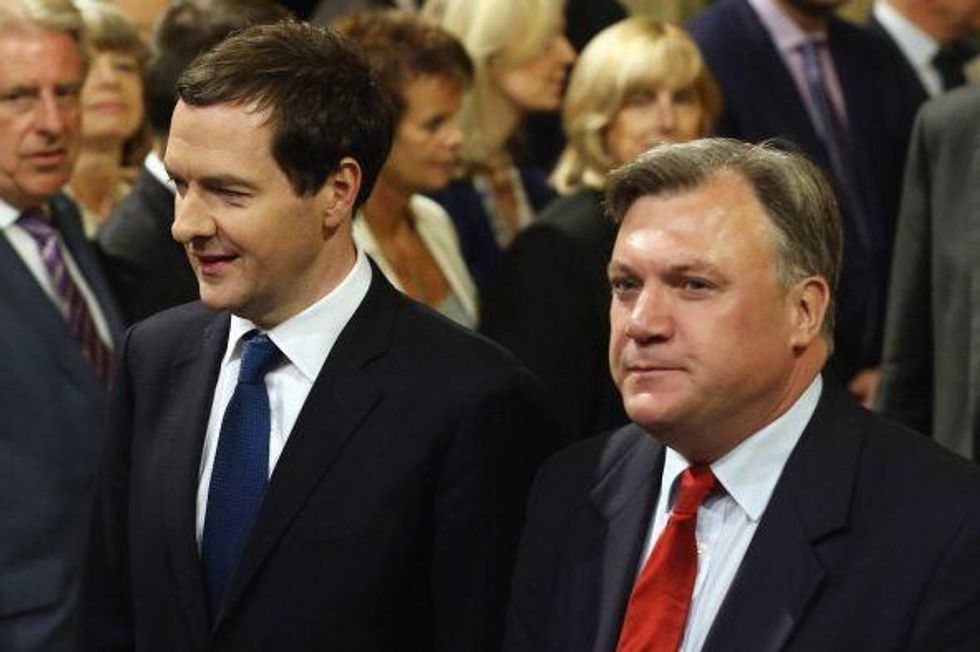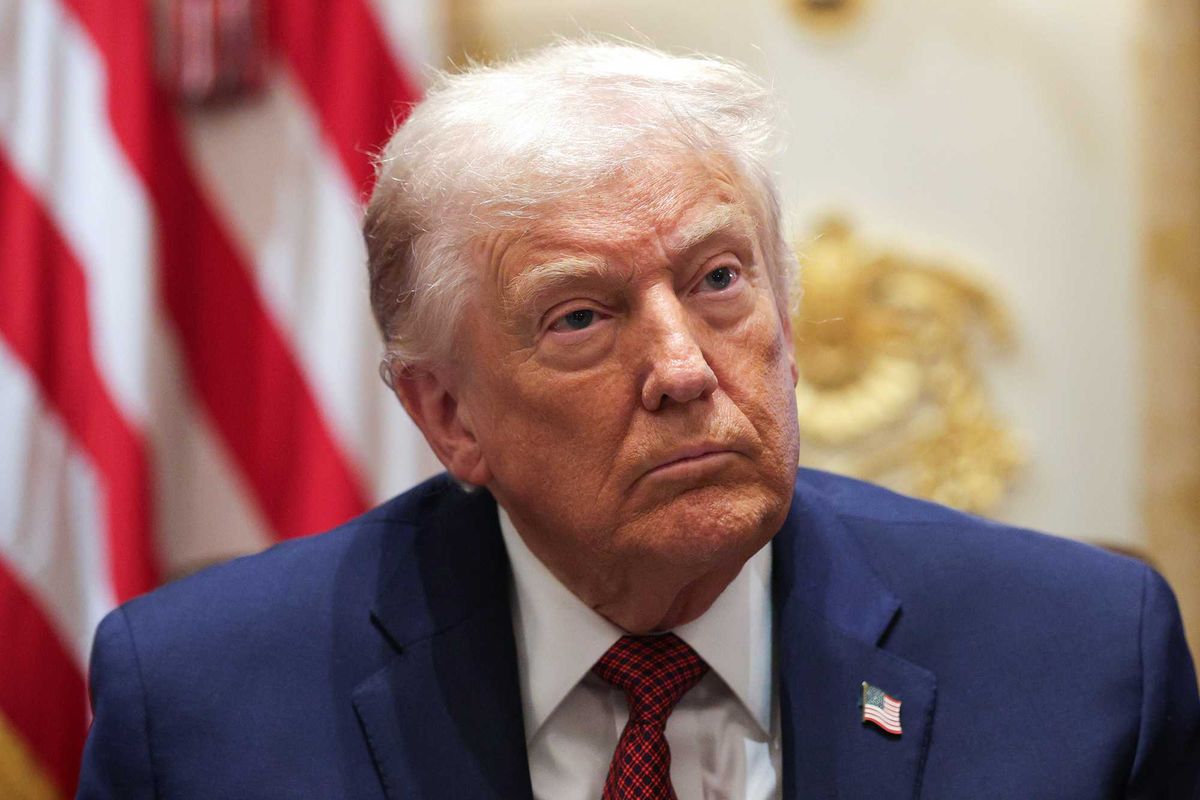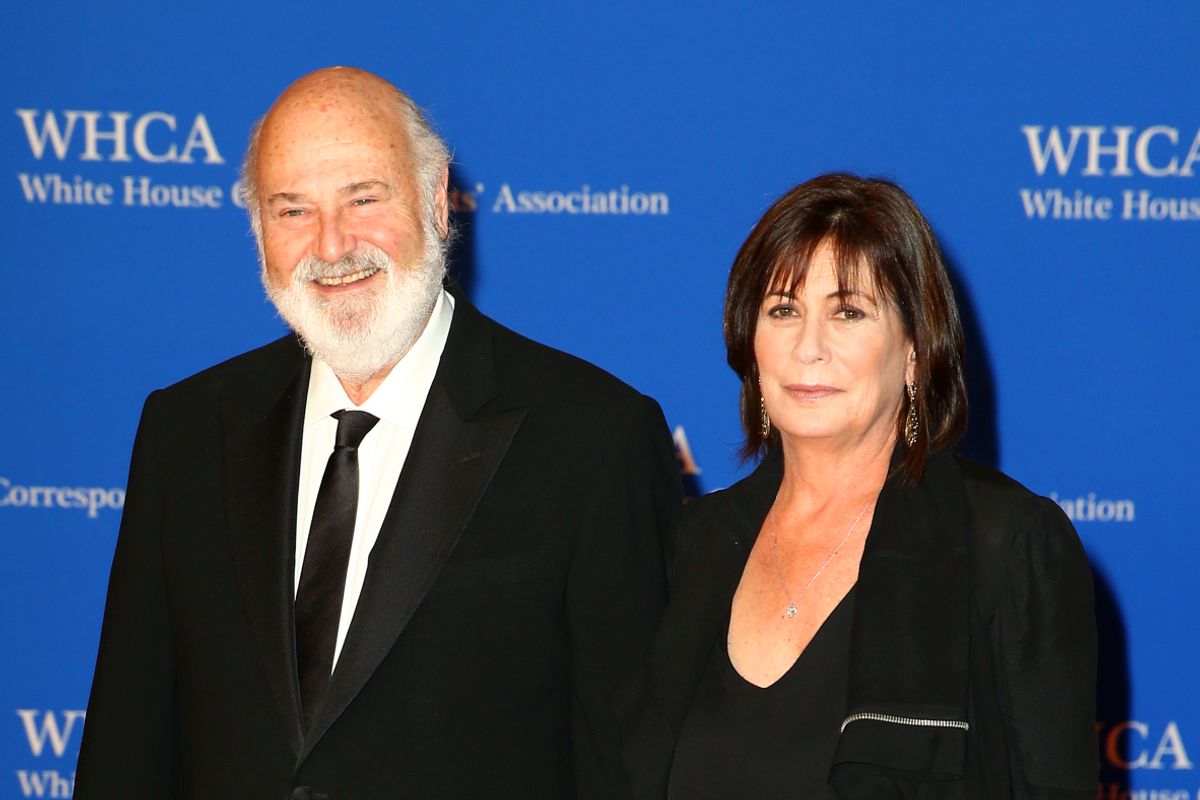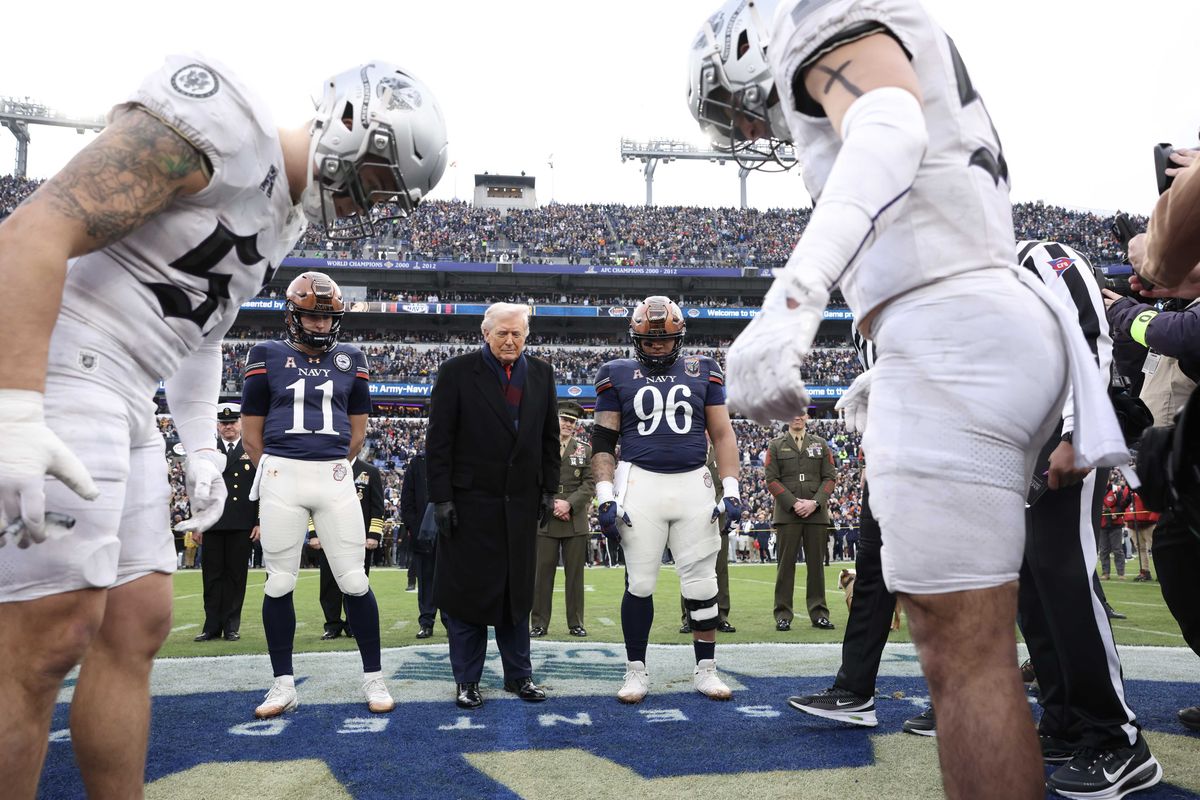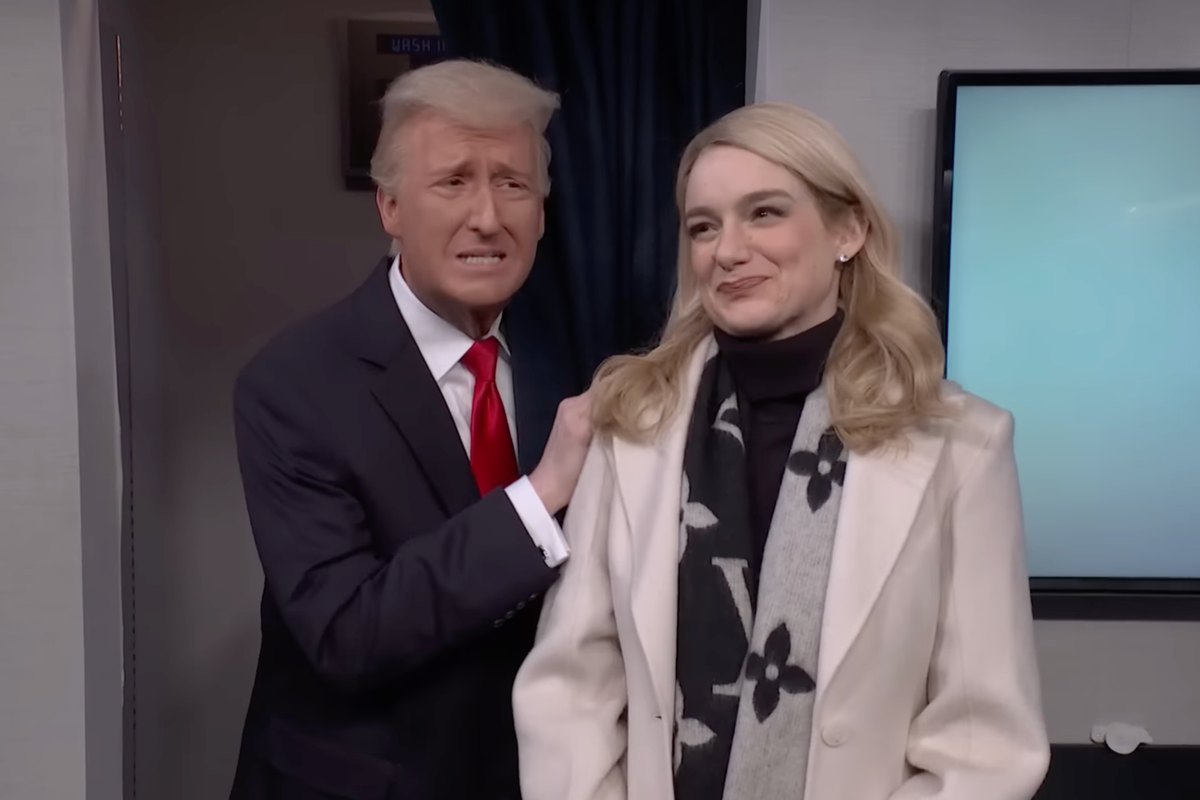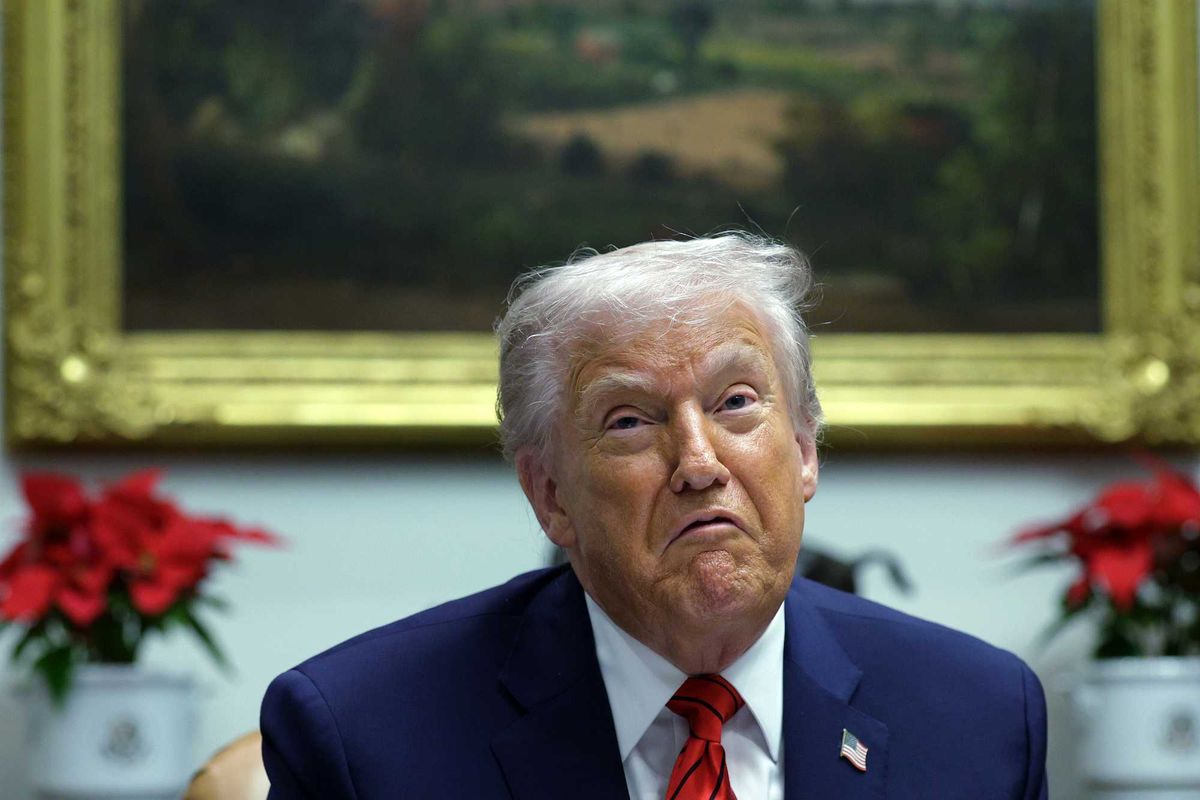News
Evan Bartlett
Jun 10, 2015
This week, around 150 leaders from politics, finance, academia and the media will all gather in Austria for one of the world's most highly secretive conferences.
First held in 1954, the Bilderberg Group's annual summit was initiated to foster dialogue between Europe and North America and acts as a forum for "informal dialogue" between some of the world's richest and most powerful people.
This year the event will be held at the Interalpen-Hotel Tyro in Telfs-Buchen, the surrounding area of which will be put into complete lockdown by police.
Who is attending?
Of the 133 due to be in attendance, 33 will be from the US, 12 from the UK and 11 from France. Only 27 women are taking part, while there will be 18 people from the media, 12 from lobbying groups and one member of a royal family.
Former shadow chancellor and MP Ed Balls, who famously had trouble convincing security that he was actually invited last year, is due to attend again alongside chancellor George Osborne.
Selected participants include:
Henri de Castries, chairman and CEO, Axa Group
Ed Balls, former shadow chancellor of the exchequer
Jose Manuel Barroso, former president of the European Commission
Princess Beatrix of the Netherlands
Ben van Beurden, CEO, Royal Dutch Shell
Laurence Boone, special adviser on financial and economic affairs to the French president
Ana Botín, chairman, Santander bank
Mary Erdoes, CEO, JP Morgan Asset Management
Rona Fairhead, chairman, BBC Trust
Heinz Fischer, Austrian president
Douglas Flint, group chairman, HSBC Holdings
Henry Kissinger, chairman, Kissinger Associates
Ursula von der Leyen, German minister of defence
Zanny Minton Beddoes, editor-in-chief, the Economist
Michael O'Leary, CEO, Ryanair
George Osborne, chancellor of the exchequer
David Petraeus, chairman, KKR Global Institute, and former director of the CIA
Mark Rutte, Dutch prime minister
Eric Schmidt, executive chairman, Google
Jens Stoltenberg, secretary general, Nato
Martin Wolf, chief economics commentator, the Financial Times
What will be discussed?
Owing to the meeting's top secret rules, although we know who will be attending, there will be no minutes of discussions and no official reports or statements on what is said.
However, we do know that discussions will explore 15 topics as broad-ranging and vague as artificial intelligence, current economic issues, Nato, Russia and the UK. Ahead of the crucial Paris climate summit later this year, the environment is a notable omission.
The discussions are led by the Steering Committee, whose chairman this year is Henri de Castries, chairman and CEO of Axa, but there is no fixed agenda.
The conference works under the Chatham House Rule which means "participants are free to use the information received, but neither the identity nor the affiliation of the speaker(s) nor of any other participant may be revealed".
Bilderberg's secrecy has seen it criticised for a lack of transparency and accountability, particularly for the fact that it allows unelected chief executives and billionaires unfettered access to the world's elected leaders. Journalists have even been arrested in the past for trying to report on what took place.
It has therefore been the focal point for conspiracy theories as well as accusations of lobbying, because, after all, "thanks to the private nature of the conference, the participants are not bound by the conventions of their office or by pre-agreed positions".
More: 4 things we know about the secretive Bilderberg Group and 1 thing we'll never know (from The Independent)
Top 100
The Conversation (0)
